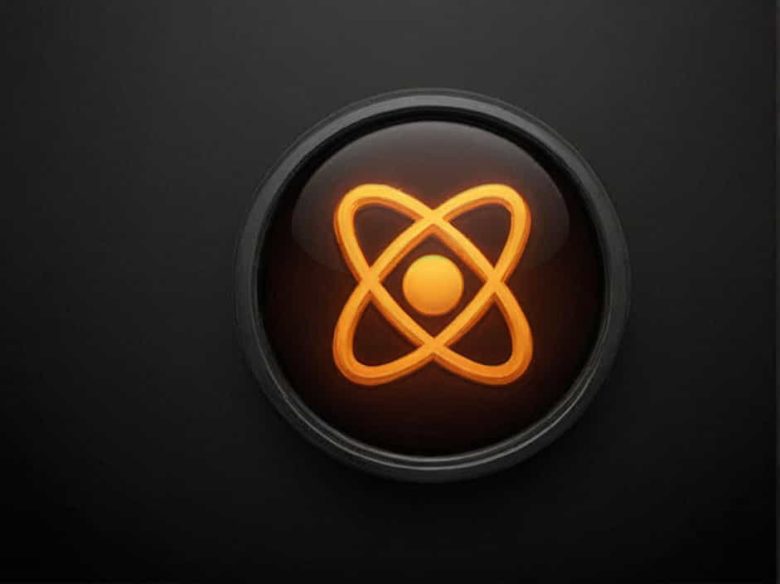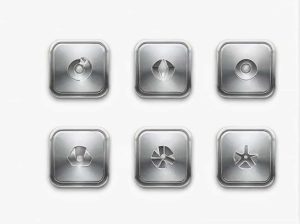Samarium is a rare earth metal that belongs to the lanthanide series of the periodic table. It has unique chemical and physical properties making it useful in various applications including magnets nuclear reactors and medical treatments.
In this topic we will explore the atomic number of samarium its properties applications and interesting facts about this rare element.
What Is the Atomic Number of Samarium?
The atomic number of samarium is 62. This means that a samarium atom has 62 protons in its nucleus. The atomic number is a fundamental characteristic that defines an element and its place in the periodic table.
Where Is Samarium Found in the Periodic Table?
- Symbol: Sm
- Atomic Number: 62
- Atomic Mass: ~150.36 u
- Group: Lanthanides (Rare Earth Metals)
- Period: 6
Samarium is classified as a lanthanide a group of f-block elements known for their similar chemical behavior and high reactivity.
Physical and Chemical Properties of Samarium
Physical Properties
- Appearance: Silvery-white metal
- Density: ~7.52 g/cm³
- Melting Point: 1072°C (1962°F)
- Boiling Point: 1900°C (3452°F)
- State at Room Temperature: Solid
Samarium is a relatively hard and brittle metal similar to other rare earth elements. When exposed to air it slowly oxidizes forming a yellowish tarnish on its surface.
Chemical Properties
- Oxidation States: Commonly +2 and +3
- Reactivity: Reacts with oxygen and water
- Solubility: Reacts with acids to form salts
- Magnetic Properties: Shows paramagnetic behavior
Samarium is not as reactive as some other lanthanides but still reacts with water oxygen and acids forming oxides and other compounds.
Where Is Samarium Found?
Samarium is not found in its pure form in nature. Instead it is extracted from rare earth minerals including:
- Monazite
- Bastnäsite
These minerals contain small amounts of samarium which is separated through chemical extraction and refining processes.
Major Sources of Samarium
The largest deposits of rare earth minerals (including samarium) are found in:
- China (largest producer)
- United States
- India
- Brazil
- Australia
Due to its rarity and high demand samarium is considered a strategic element in many industries.
Uses of Samarium
1. Samarium-Cobalt Magnets
One of the most important applications of samarium is in high-performance magnets.
- Samarium-cobalt (SmCo) magnets are used in:
- Aerospace and defense applications
- Medical devices (such as pacemakers)
- Electric motors and generators
- Headphones and speakers
These magnets are highly resistant to heat and corrosion making them ideal for extreme environments.
2. Nuclear Reactor Control Rods
Samarium has excellent neutron absorption properties making it useful in nuclear reactors.
- Samarium-149 is used in control rods to regulate nuclear reactions.
- Helps maintain safe and stable operation in nuclear power plants.
3. Medical Applications
Samarium plays an essential role in radiotherapy and pain relief treatments.
- Samarium-153 is used in cancer treatment to target bone tumors.
- Helps in pain relief for patients with bone metastases.
These applications make samarium a valuable element in modern medicine.
4. Optical and Laser Applications
Samarium compounds are used in lasers optical glass and phosphors.
- Helps in producing infrared-absorbing glass.
- Used in specialized lasers for scientific and industrial applications.
5. Catalysts and Chemical Reactions
Samarium compounds are used as catalysts in organic synthesis and chemical manufacturing.
- Samarium iodide (SmI₂) is a powerful reducing agent used in complex chemical reactions.
This makes samarium valuable in pharmaceutical and chemical industries.
Interesting Facts About Samarium
1. Named After a Russian Mining Engineer
Samarium was named after Vasily Samarsky-Bykhovets a Russian mining engineer who contributed to the discovery of rare earth minerals.
2. Discovered in 1879
French chemist Paul Émile Lecoq de Boisbaudran identified samarium while studying rare earth elements.
3. One of the First Rare Earth Elements Used in Magnets
Samarium was one of the first lanthanides used to create high-performance permanent magnets.
4. Helps Improve Nuclear Reactor Efficiency
Samarium is crucial in nuclear energy as it absorbs excess neutrons ensuring controlled reactions.
5. Plays a Role in Space Exploration
Samarium-cobalt magnets are used in satellites and spacecraft due to their high resistance to radiation and temperature changes.
Is Samarium Dangerous?
Samarium is generally safe in solid metallic form but its compounds should be handled with care.
Health Effects
- Inhalation of samarium dust can cause respiratory irritation.
- Prolonged exposure to samarium compounds may be harmful to internal organs.
- Samarium-153 (radioactive isotope) should only be used in controlled medical treatments.
Environmental Impact
- Mining and refining rare earth elements can lead to environmental pollution.
- Proper recycling of samarium-containing products helps reduce waste.
Samarium is a rare but highly valuable element with numerous industrial medical and technological applications.
- Atomic Number: 62
- Symbol: Sm
- Uses: Magnets nuclear reactors medicine optics and catalysts
- Sources: Extracted from rare earth minerals like monazite and bastnäsite
Its unique properties make it essential in modern technology and energy production securing its place as an important rare earth element.



